Thrive Thursdays (Early): Start with the Heart
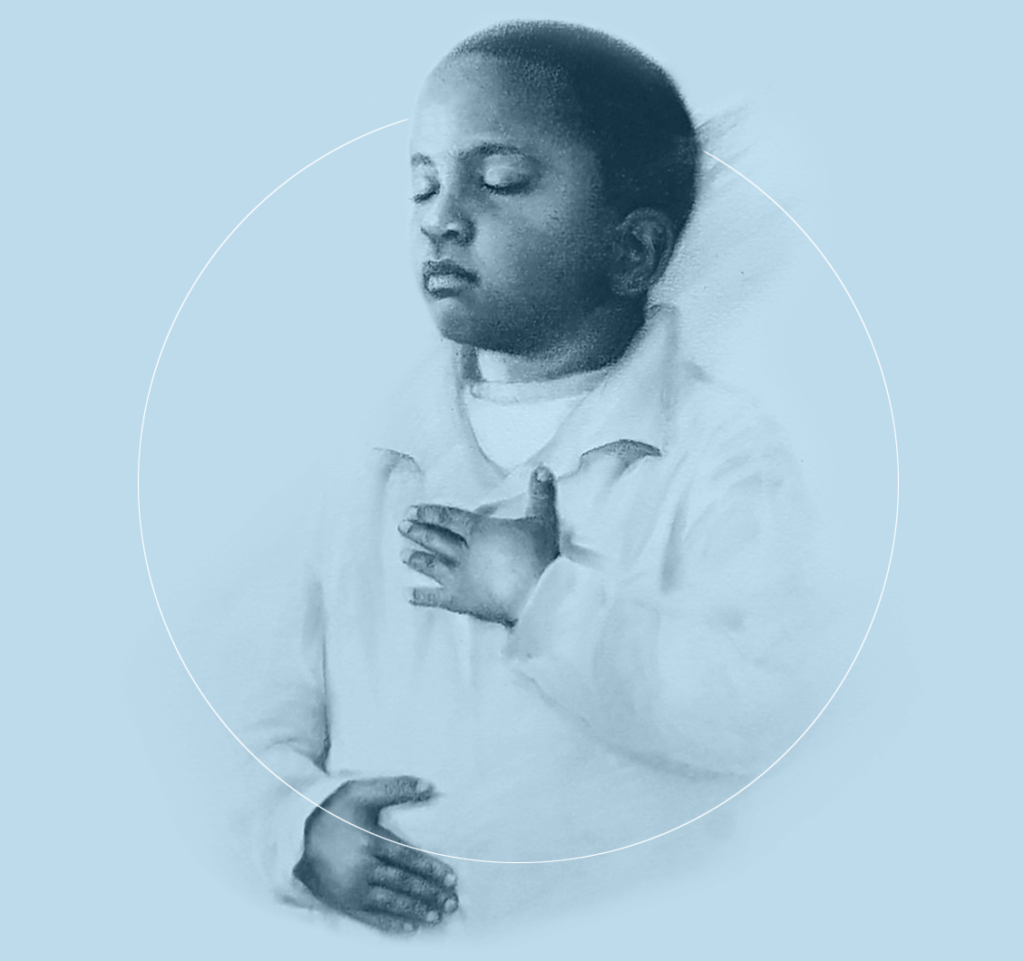
These sessions, each focusing on a specific grade band, will introduce Start With the Heart, a free curriculum to support well-being. Learners will explore the body’s stress response, the role of the brain and nervous system, neuroplasticity, brain anatomy, self-regulation, developing a growth mindset to support resiliency, reflecting on habits, and how their own well-being […]
Thrive Thursdays (Later): Start with the Heart

These sessions, each focusing on a specific grade band, will introduce Start With the Heart, a free curriculum to support well-being. Learners will explore the body’s stress response, the role of the brain and nervous system, neuroplasticity, brain anatomy, self-regulation, developing a growth mindset to support resiliency, reflecting on habits, and how their own well-being […]
Thrive Thursdays: Breathe, Move, & Rest to Kick Off the School Year
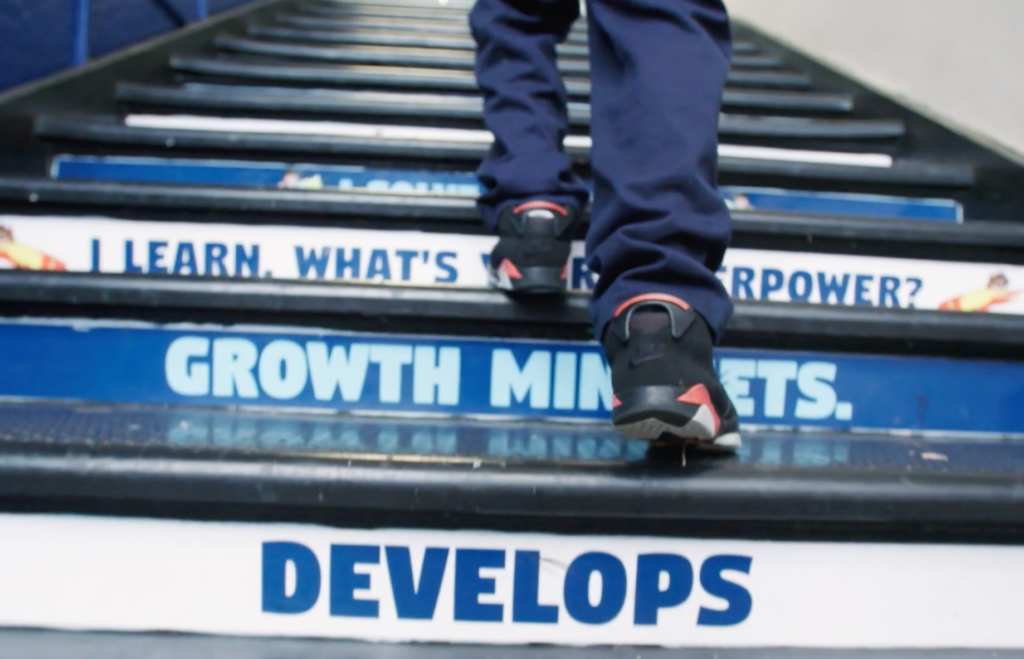
In these 30-minute sessions (divided by grade band), we will review our free resources and explain how building intentional student-facing routines through Breathe, Move, and Rest early in the school year can set the tone for the day, encourage co-regulation, support learner well-being, and build a sense of belonging in the classroom. July 27: Higher […]
Start with the Heart: Grades 9-12
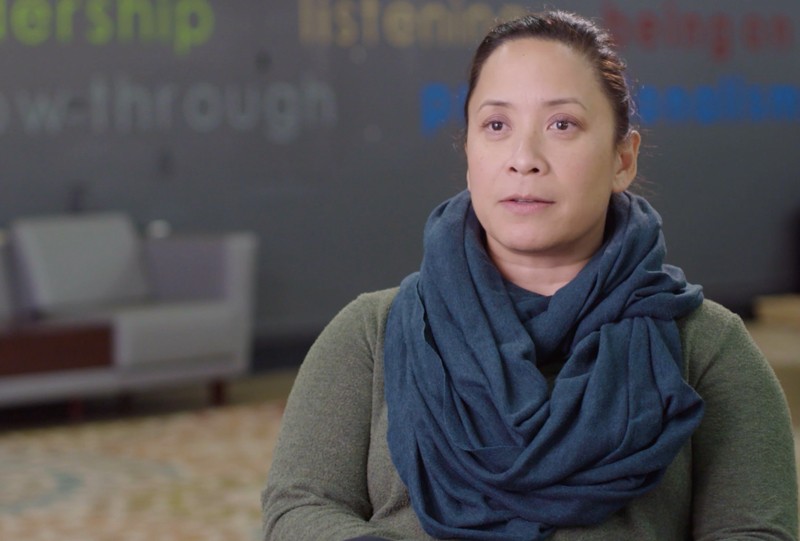
In this interactive session, grade 9-12 educators will have access to Start with the Heart Curriculum and learn practical implementation strategies to embed SEL, breath, movement, and rest into the PreK-2 classroom.
Start with the Heart: Grades 6-8

In this interactive session, grade 6-8 educators will have access to Start with the Heart Curriculum and learn practical implementation strategies to embed SEL, breath, movement, and rest into the PreK-2 classroom.
Start with the Heart: Grades 3-5

In this interactive session, grade 3-5 educators will have access to Start with the Heart Curriculum and learn practical implementation strategies to embed SEL, breath, movement, and rest into the PreK-2 classroom.
Start with the Heart: PreK-2
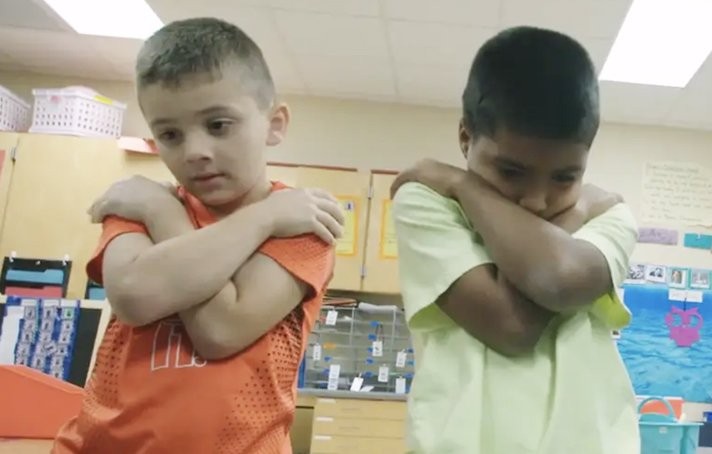
In this interactive session, PreK-2 educators will have access to Start with the Heart Curriculum and learn practical implementation strategies to embed SEL, breath, movement, and rest into the PreK-2 classroom.
Start with the Heart: PreK-2
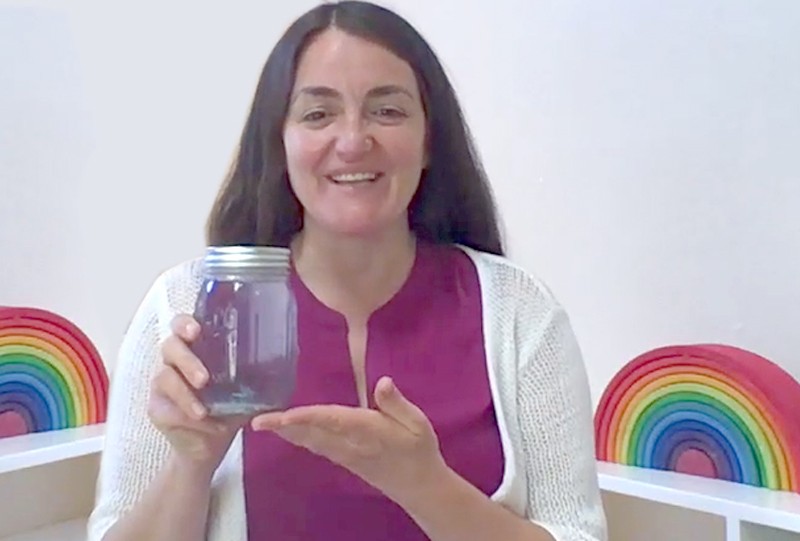
In this interactive session, PreK-2 educators will have access to Start with the Heart Curriculum and learn practical implementation strategies to embed SEL, breath, movement, and rest into the PreK-2 classroom.
Early Childhood Educators – Applied Mindfulness in the PreK Classroom Series
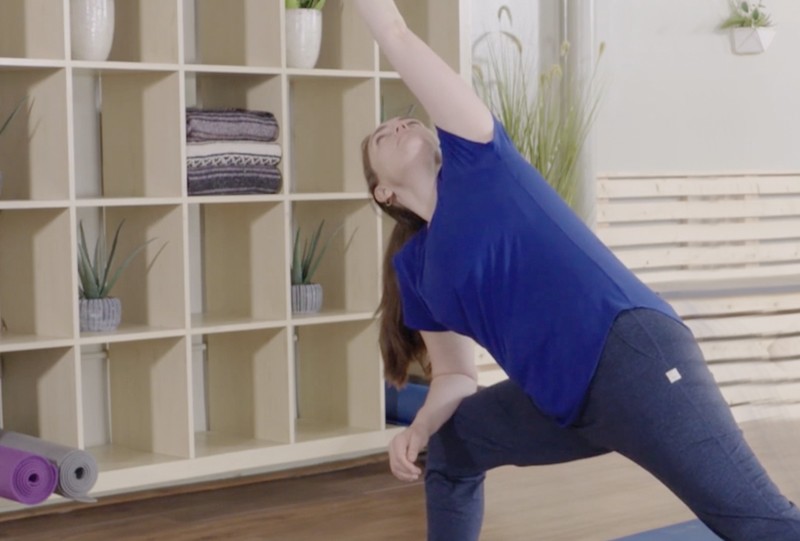
Mindfulness for ALL Start with the Heart: Strategies to Build Resilience Success Through Focus: Brain Breaks & Energizers
Start with the Heart: 9-12

Start with the Heart: 6-8
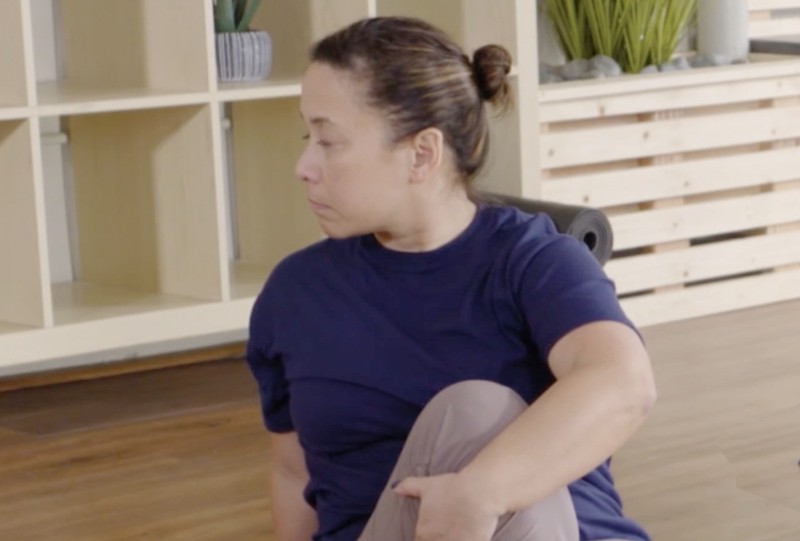
Start with the Heart: 3-5
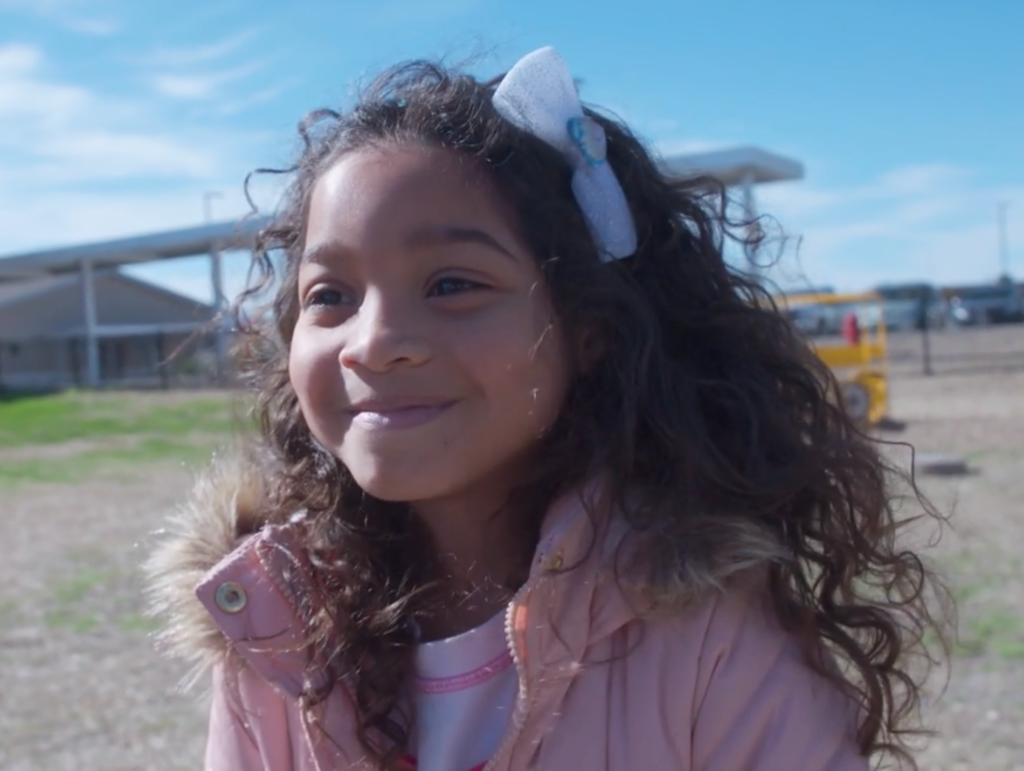
Start with the Heart: K-2
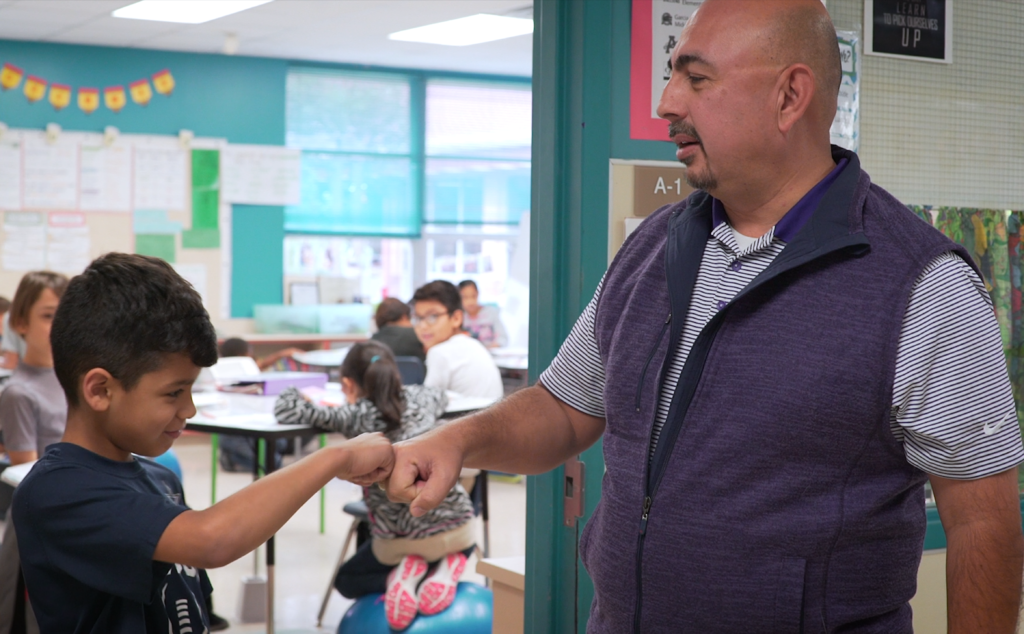
Start with the Heart: PreK
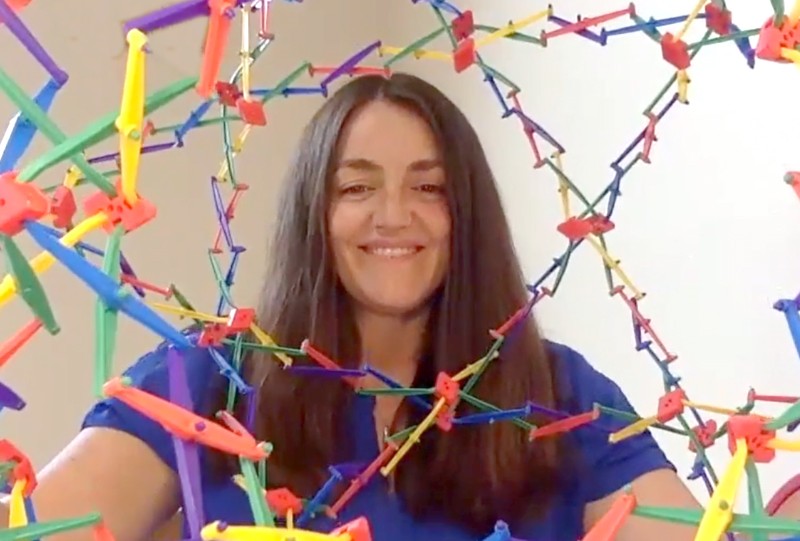
Start with the Heart: 9-12

Start with the Heart: 6-8

Start with the Heart: 3-5
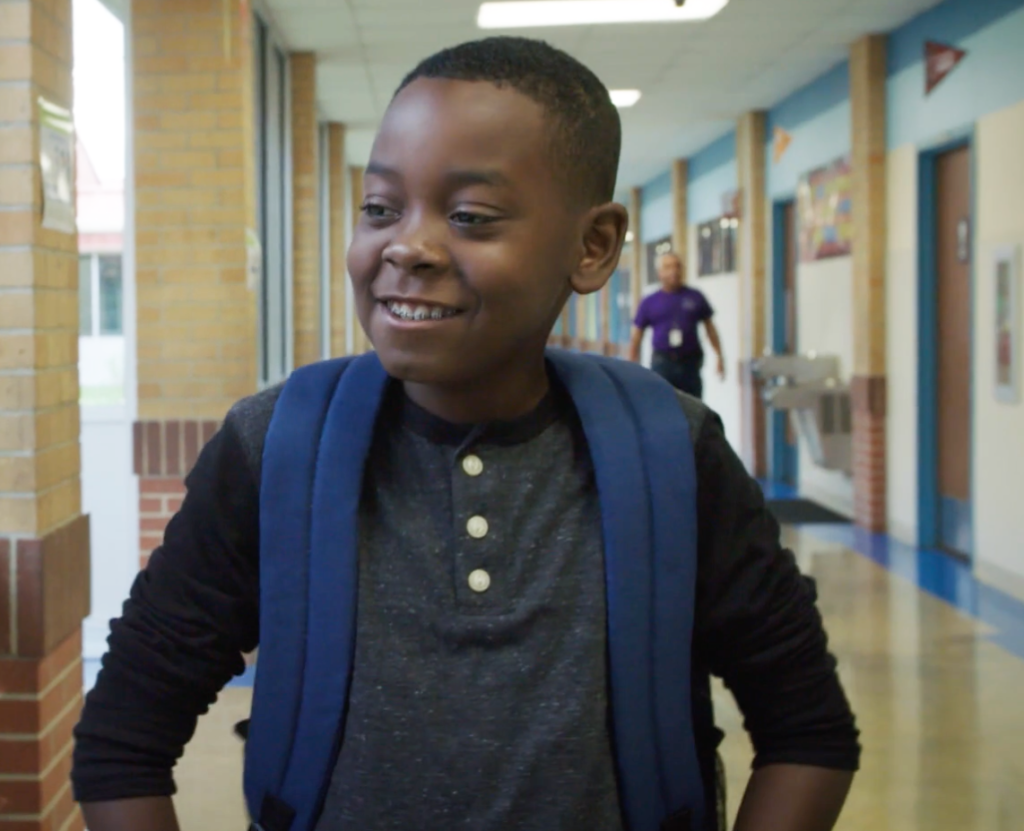
Start with the Heart: K-2
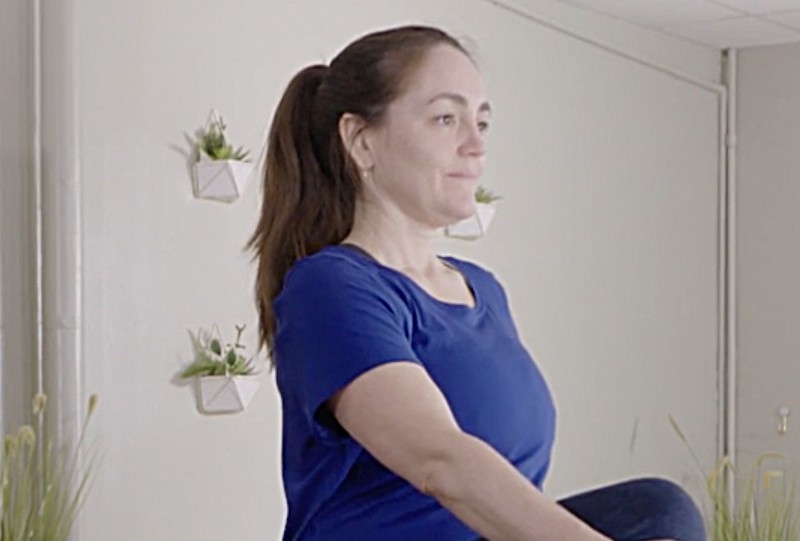
Start with the Heart: PreK

Culture of Care, 4-Day Series July
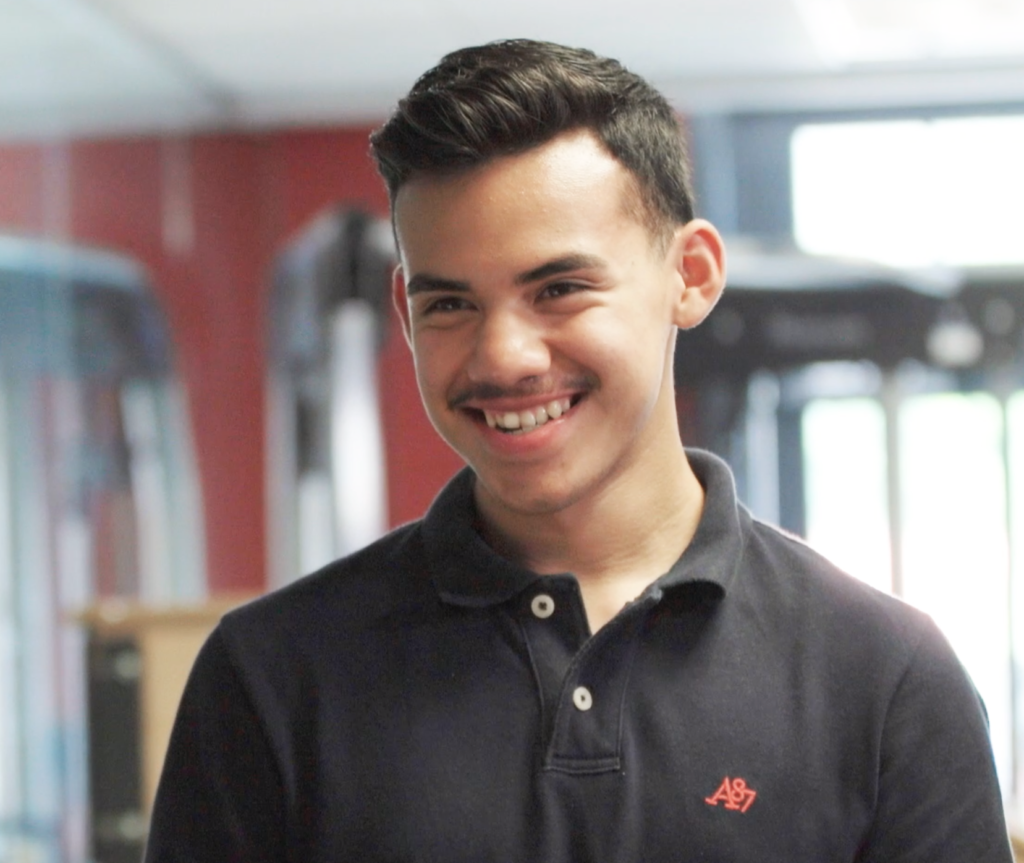
Delaware Department of Education, in collaboration with Pure Edge, Inc., will host a four-part Culture of Care institute for educators and leaders. The Culture of Care training prepares educators to deliver breathing, mindful movement, and relaxation exercises in the classroom and to train colleagues to do the same. Participants in the training will learn and […]
Using Our Online Resources to Implement with Students

How do I access the online resources? Where do I need to go to get the Brain Breaks that we just learned? How can I bring what I just learned into the schedule of the school day with my students, whether virtually or when we return to in-person classes? Let’s answer these questions and more to help the […]
Culture of Care, Part 4 (Teachers & Administrators)
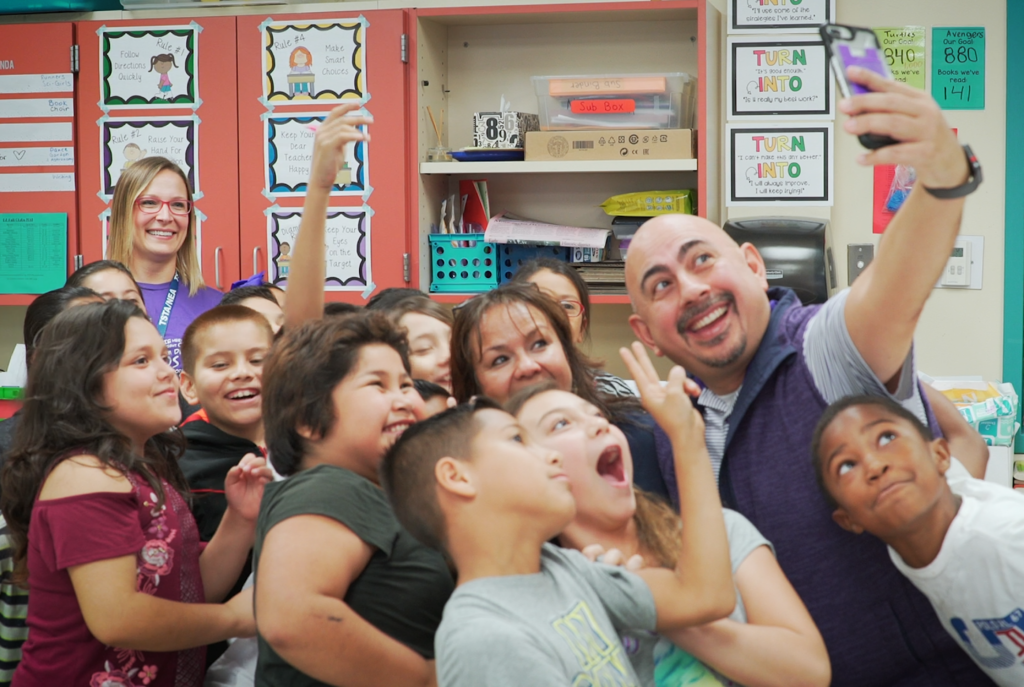
The Culture of Care series will help you build knowledge to integrate self-care and social-emotional learning (SEL) skills in your classes. Topics explored in Part 4 include: Building Belonging – Emotion & Cognition, Brain Breaks Implementation, and Culture of Care Implementation. This is a 3-hour session.
Culture of Care, Part 3 (Teachers & Administrators)
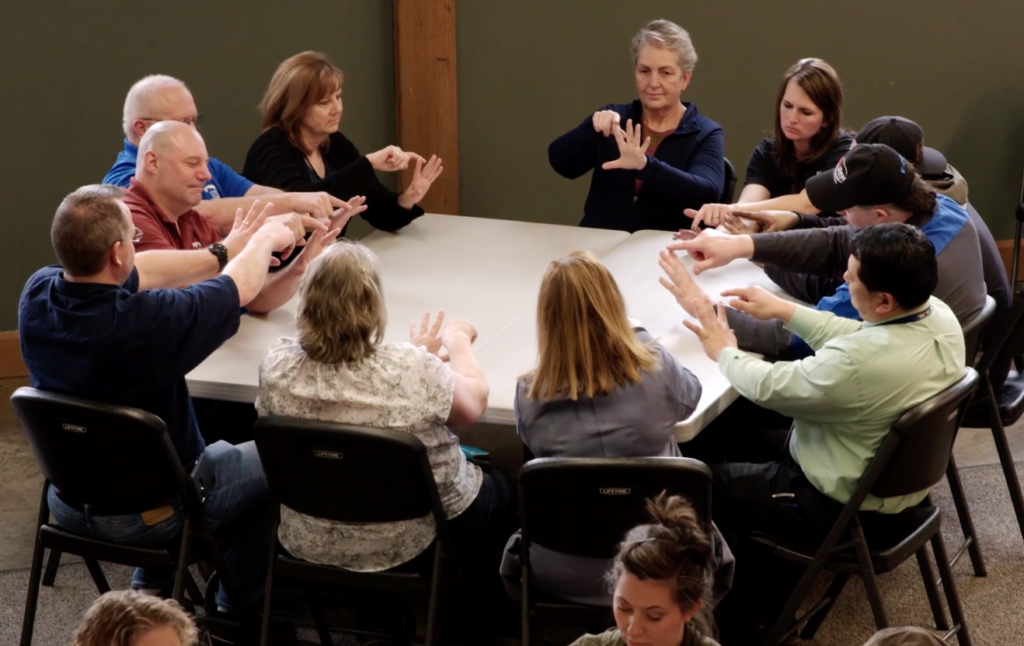
The Culture of Care series will help you build knowledge to integrate self-care and social-emotional learning (SEL) skills in your classes. Topics explored in Part 3 include: Creating Healthy Habits, Taking In the Good, and The Six Critical Healing Factors. This is a 3-hour session.
Culture of Care, Part 2 (Teachers & Administrators)

The Culture of Care series will help you build knowledge to integrate self-care and social-emotional learning (SEL) skills in your classes. Topics explored in Part 2 include: The Neuroscience of Stress and Neuroplasticity.
Culture of Care, Part 1 (Teachers & Administrators)

The Culture of Care series will help you build knowledge to integrate self-care and social-emotional learning (SEL) skills in your classes. Topics explored in Part 1 include: SEL & Self-Care, Respond vs. React: Superpowers, and Stress & Allostatic Load.
Brain Breaks for Grades 6-12, Part 2

Reset, refocus, and manage stress with simple strategies. This interactive session will focus on implementing Brain Breaks for learners grades 6-12 and their teachers. Closed captioning provided.
Brain Breaks for Grades PreK-5, Part 2

Reset, refocus, and manage stress with simple strategies. This interactive session will focus on implementing Brain Breaks for learners grades PreK-5 and their teachers. Closed captioning provided.
Brain Breaks for Grades 6-12, Part 1

Reset, refocus, and manage stress with simple strategies. This interactive session will focus on implementing Brain Breaks for learners grades 6-12 and their teachers. Closed captioning provided.
Brain Breaks for Grades PreK-5, Part 1
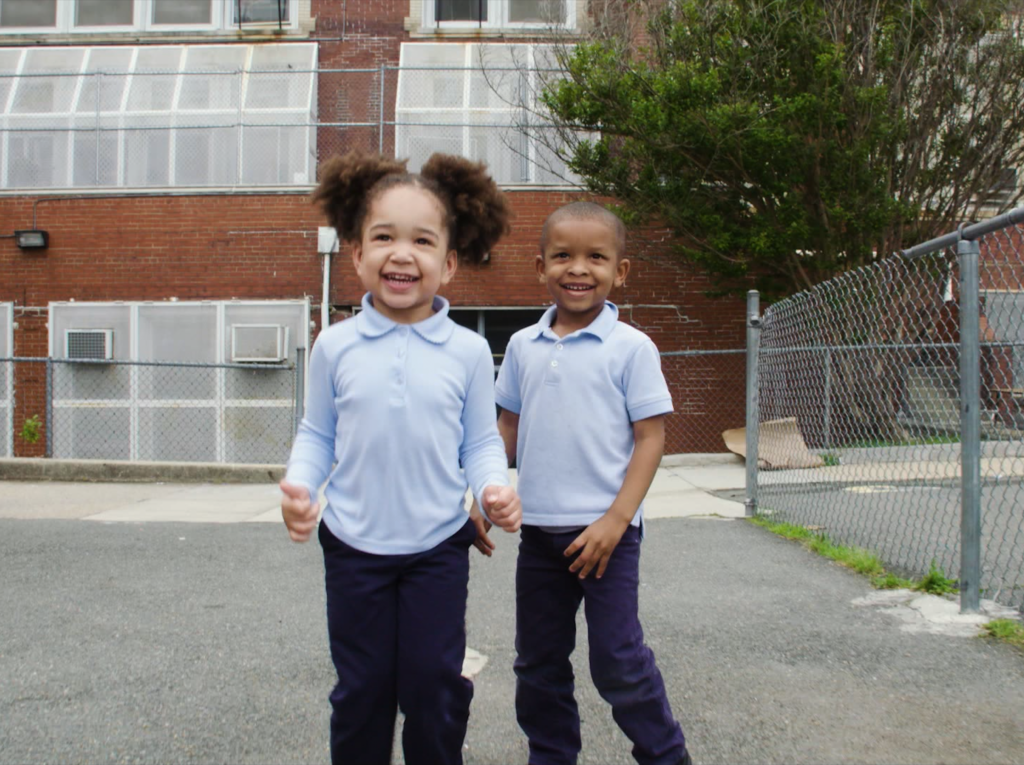
Reset, refocus, and manage stress with simple strategies. This interactive session will focus on implementing Brain Breaks for learners grades PreK-5 and their teachers. Closed captioning provided. **Part 2 will take place on Nov. 16 at 7AM PDT/10AM EDT. Register for Part 2 here.
Culture of Care Institute

This four-part Culture of Care training prepares educators to deliver breathing, mindful movement, and relaxation exercises. Participants in the training will learn and be able to communicate how this approach promotes social-emotional learning (SEL) in the classroom. In this virtual setting, each session includes a self-care practice for participants, as well as time for Q […]


